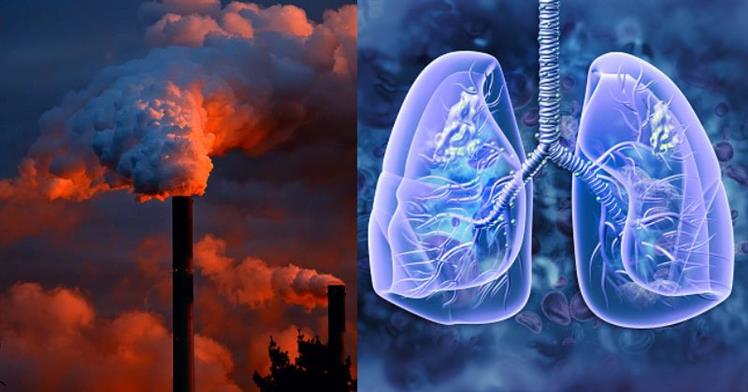“The idea is that exposure to carcinogens could promote cancer without actually doing anything to the DNA, says Serena Nik-Zainal, a medical geneticist at the University of Cambridge, UK. ¨Not every carcinogen is a mutagen.¨
Air pollution causes millions of deaths worldwide each year, including more than 250,000 from a type of lung cancer called adenocarcinoma.
However, it has been difficult to investigate how air pollution triggers cancer, in part because its effects are less pronounced than those of better-studied carcinogens such as tobacco smoke or ultraviolet light, Nik-Zainal added.
To unpick the mechanism, cancer researcher Charles Swanton at the Francis Crick Institute in London and his colleagues mined environmental and epidemiological data from the United Kingdom, Canada, South Korea, and Taiwan of China.
To diminish the contribution of tobacco smoke to the data, the team focused on lung cancers that carried mutations in a gene called EGFR. These mutations are more common in lung cancers in people who have never smoked than in those in smokers.
The team found that lung cancers bearing EGFR mutations were associated with exposure to air pollution in the form of inhalable particles with a diameter of 2.5 micrometers or less — less than one-tenth the width of the average grain of pollen.
Such pollution is emitted by internal combustion engines, coal-fired power stations and burning wood.
Taken together, the results suggest that air pollution fosters the proliferation of mutated cells that already exist in the lung, potentially as a consequence of DNA errors that accumulate during aging.
“The major mechanism by which air pollution causes cancer is not due to the induction of new mutations,” says Allan Balmain, a cancer researcher at the University of California, San Francisco. “It’s that sustained inflammation that becomes chronic that is essential to get these mutated cells to grow into tumors.”
pll/rgh/lpn









